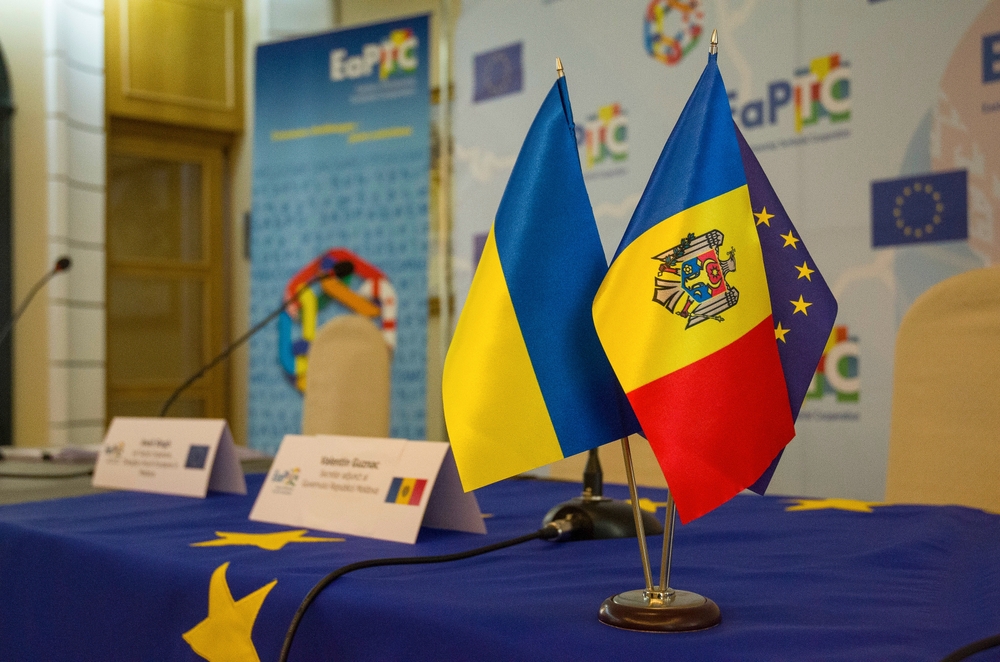Moldova Defends Sovereignty After Russian Aide’s Controversial Statement
Others are reading now
Tensions between Moldova and Russia have been growing, particularly after Moldova’s push for closer ties with Europe.
Recently, a statement by Nikolai Patrushev, a close aide to Russian President Vladimir Putin, added more fuel to the fire.
Patrushev claimed that Moldova “will either become part of another state or cease to exist” due to what he described as its anti-Russian stance, reports the Kyiv Independent.
His comments sparked outrage in Moldova and were reported by the Moldovan news outlet NewsMaker on January 14.
Also read
Patrushev also accused the Moldovan government of causing its energy crisis.
He urged Chisinau to “stop deceiving itself and its people” and to “admit its mistakes” in managing the situation.
Moldova’s Foreign Ministry responded strongly to these remarks. Officials called them an unacceptable interference in the country’s internal matters.
They reaffirmed Moldova’s status as a sovereign state and its commitment to democracy and European integration.
“Moldova is a sovereign state that stands firmly on the path of democracy and European integration, in line with the will of its citizens,” the ministry stated.
The country’s energy crisis has been a central issue in these tensions. In December 2024, Russia suspended its gas supplies to Moldova, which Chisinau has called an act of blackmail and a threat to national security.
To address the shortfall, Moldova began buying electricity from European markets.
This shift disrupted the breakaway region of Transnistria, where Russian influence remains strong.
The region experienced power outages and industrial shutdowns as a result.
Transnistrian authorities, despite the energy struggles, refused an offer from Moldova to help purchase gas through European platforms.
While Moldova has adapted by turning to European energy suppliers, Transnistria still heavily relies on Russian gas.
Adding to the complexities, Russian troops have been stationed in Transnistria since the early 1990s.
This presence has continued to fuel divisions between Moldova’s government and the pro-Russian administration in the breakaway region.
Moldova’s government remains firm in its stance, defending its sovereignty and its choice to pursue closer ties with Europe.
The situation reflects the broader geopolitical struggle in the region, with energy supply and political alignment at its core.

